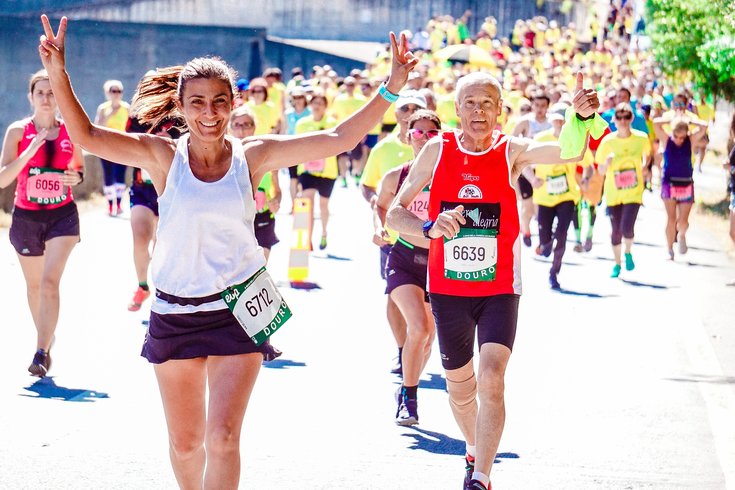
January 07, 2020
 RUN4FFWPU/Pexels
RUN4FFWPU/Pexels
The benefits of running a marathon for the first time include several affecting the heart, including reductions in blood pressure and age-related stiffness in the aorta, new study finds.
If one of your health goals has been to run a marathon, but you've been dragging your feet, the results of a new study could provide the extra incentive you need.
Running a marathon for the first time may help people live longer, according to research published in the Journal of the American College of Cardiology. The study's findings suggest that the necessary training may reduce age-related stiffness in the aorta, the main artery of the body, and reduce blood pressure.
A natural consequence of aging is the thickening and stiffening of the walls of the arteries, which forces the heart to pump harder. That can increase the risk of cardiovascular disease and other health issues.
"Our study shows it is possible to reverse the consequences of aging on our blood vessels with real-world exercise in just six months," senior author Dr. Charlotte Manisty, a senior lecturer at University College London told CNN. "These benefits were observed in overall healthy individuals across a broad range and their marathon times are suggestive of achievable exercise training in novice participants."
During the study, Manisty and her colleagues followed 138 first-time marathon runners during six months of training and the completion of the London Marathon. Their central (aortic) blood pressure and aortic stiffness were measured pre-training and again two weeks after the marathon.
According to the data collected, the training decreased systolic aortic blood pressure by 4 mmHg and diastolic aortic blood pressure by 3 mmHg. In addition, the first-time marathon runners had less aortic stiffness, which translated to a reduction in "vascular age" by about 4 years.
The researchers also reported that speed didn't seem to influence the results at all. On average, the female runners completed the marathon in 5.4 hours and the men in 4.5 hours, with the greatest benefits observed in older and slower runners.
The study didn't measure how long these health benefits last. Manisty told CNN that the most important thing wasn't competing in a marathon, but sticking to training goals.